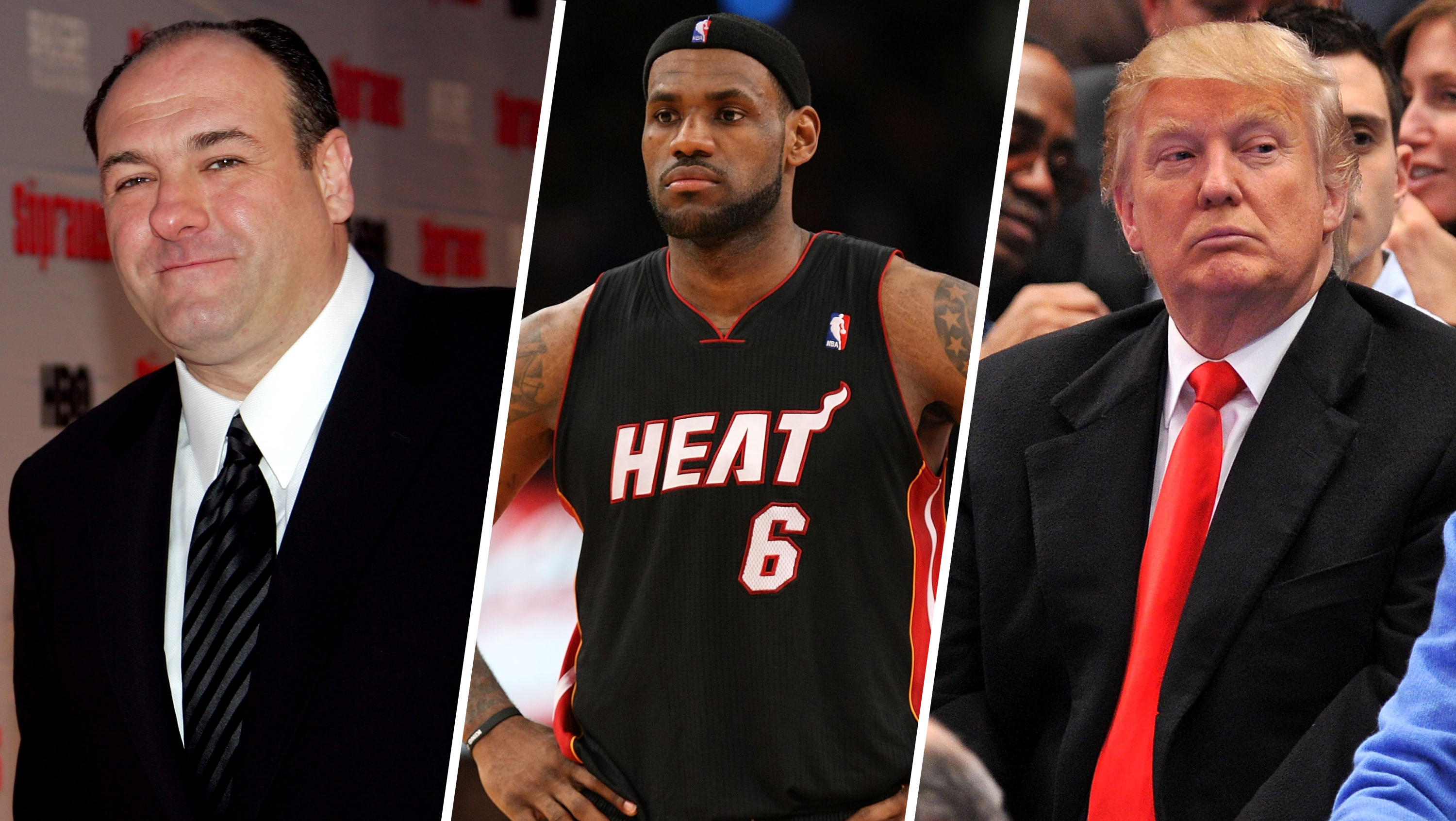Mayor de Blasio has been an outspoken champion for reducing air pollution. But his administration has effectively kept New Yorkers in the dark about dozens of temporary boilers that may be spewing smog onto neighborhood sidewalks.
In January, the I-Team asked the de Blasio administration for permits that show where temporary boilers are burning heating fuel at street level. In response, the NYC Department of Environmental Protection cited a 5-month backlog in processing records requests which could delay release of the permits till June.
Such a delay would effectively render the information useless, since temperatures in June average in the 70’s and boilers only fire up in colder months.
“The idea that there is a city agency that has information about where temporary boilers are located and what type of fuel they’re burning - and they don’t make that publicly available? There’s no reason for that,” said Michael Heimbinder, founder of HabitatMap, a nonprofit that uses crowd-sourced pollution readings to measure air quality at the neighborhood level.
EPA guidelines measure air pollution exposure on an annual basis - so it is hard to say what effects a single boiler used only in winter months may have, but Heimbinder says releasing the database of boiler permits would help citizens avoid areas with heavier concentrations of particulate matter.
Last week, he showed the I-Team how his air monitor registered spikes in pollution when a temporary boiler blew clouds of smoke on a stretch of University Avenue in the Bronx.
“The people who are living in these buildings and working in these businesses are being exposed to air pollution that is absolutely avoidable,” Heimbinder said.
Local
Eric Landau, Deputy Commissioner for the Department of Environmental Protection, said his agency would seek to inspect the University Avenue boiler, but insisted most temporary boilers on city streets are burning relatively clean heating oil or natural gas. According to Landau, there are less than 100 temporary boilers currently permitted to burn fuel on city streets and only about 10 percent of those burn number 4 heating oil, which emits high levels of sooty particles, sulfur, and nickel. He said he could not provide locations of mobile boilers burning number 4 heating oil – or any other fuel - because the I-Team’s request for records is stuck behind hundreds of other requests.
“We get between five and six thousand Freedom of Information requests a year. Every single one is important to us. We do respond to all of them, but we respond to them as we come in,” Landau said.
However, Thursday afternoon, hours before this story was set to be published, the de Blasio administration reversed course – now promising to deliver the addresses of temporary boilers – not through the DEP but through the city’s Department of Buildings.
“Indeed we do have the info and yes we’re compiling the list for you,” wrote Joseph Soldevere, a spokesperson for the DOB.
Robert Freeman, who chairs New York's Committee on Open Government, said it is troubling that the de Blasio administration delayed the release of boiler permits for months, when it turns out one of his departments was capable of turning the records around in the matter of a day. He noted that in 2013, when de Blasio served as Public Advocate, he issued a report that was critical of the Bloomberg Administration for delaying requests for public records. At that time, de Blasio gave the DEP an overall "C" grade for transparency and an "F" for delaying too many records requests.
“My hope was when he became mayor, things would change for the better. The reality is, at least from my perspective, that has not happened,” Freeman said.
Despite withholding records about street boilers that may pollute the air, under Mayor de Blasio and Mayor Bloomberg before him, the city has made significant progress to improve air quality.
Back in 2007, the Bloomberg Administration initiated a plan to phase out and ban boilers that burn the heaviest #6 and #4 heating oils. Since then, #6 oil has been mostly eliminated and #4 oil is expected to be phased out by 2030.
Last year de Blasio announced, after more than 5,000 buildings switched to cleaner fuel, there had been a substantial reduction in air pollution estimated to prevent 210 premature deaths and 540 hospitalizations each year.



